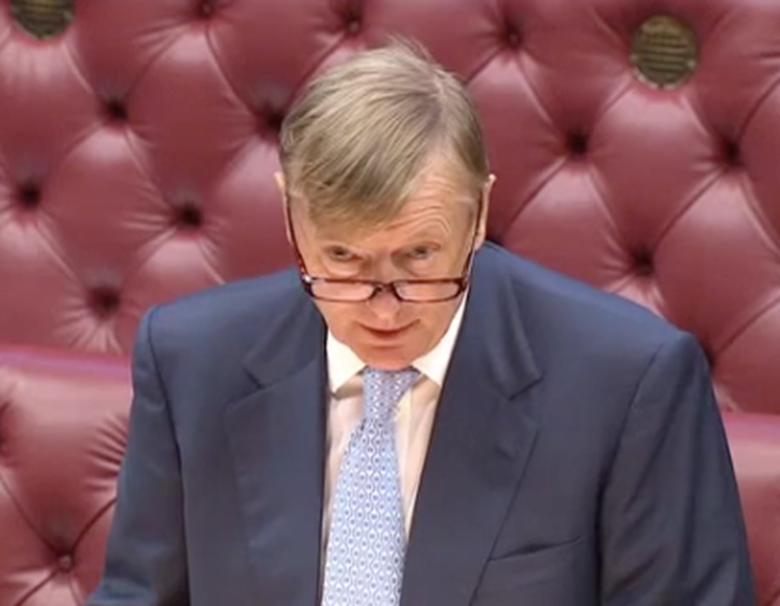Schools urged to consult with parents on primary age sex education
Gabriella Jozwiak
Monday, April 10, 2017
The government has said it wants schools to engage with parents in order to decide whether children should be taught about sex from an early age.

Last month education secretary Justine Greening announced that sex and relationships education (SRE) will be made compulsory in all secondary schools from 2019, while primary school teachers would deliver lessons on healthy relationships, but not sex, to all children.
Speaking in the House of Lords, education minister Lord Nash said primary schools would continue to cover sex as part of the science curriculum, but the decision whether to teach sex education separately to this will be left with individual schools.
"This is a very sensitive issue for many parents, as a number of noble Lords have said, and we need to respect that," Nash said.
"Our approach is to trust and encourage schools to engage with parents. This allows schools to take a collective view with parents on whether they would like some elements of sex education to be taught at primary."
He also clarified that the government would not define the content of SRE subjects, but provide guidance to help schools design programmes that could respond to changes in society and were appropriate to their pupils.
Nash also reiterated the government's plan to allow parents to excuse their children from any non-science related sex education taught at primary schools.
"We know that currently some primary schools teach sex and relationships education in an age-appropriate way," he said.
"We believe it is right that parents have the option to teach this to their children themselves, in accordance with their values, if they so wish.
"We know that in practice, very few parents exercise their right to withdraw, and close working between schools and parents to get the content right is crucial to this," he added.
Nash also insisted schools could not avoid teaching about sex on grounds of religious beliefs. He said teachers would have to find a way to instruct pupils that was sensitive to religious backgrounds but also compliant with the Equality Act.
"Even if a school or individual teacher were to suggest that, within the context of their faith, same-sex relationships or marriage are wrong, they would also be expected to explain that their views are set within a wider context - that beliefs on this subject differ, that the law of the country recognises these relationships and marriages, and that all people should be treated with equal respect," he said.
The new teaching requirements will be in included in the Children and Social Work Bill, which is due to become law imminently.




